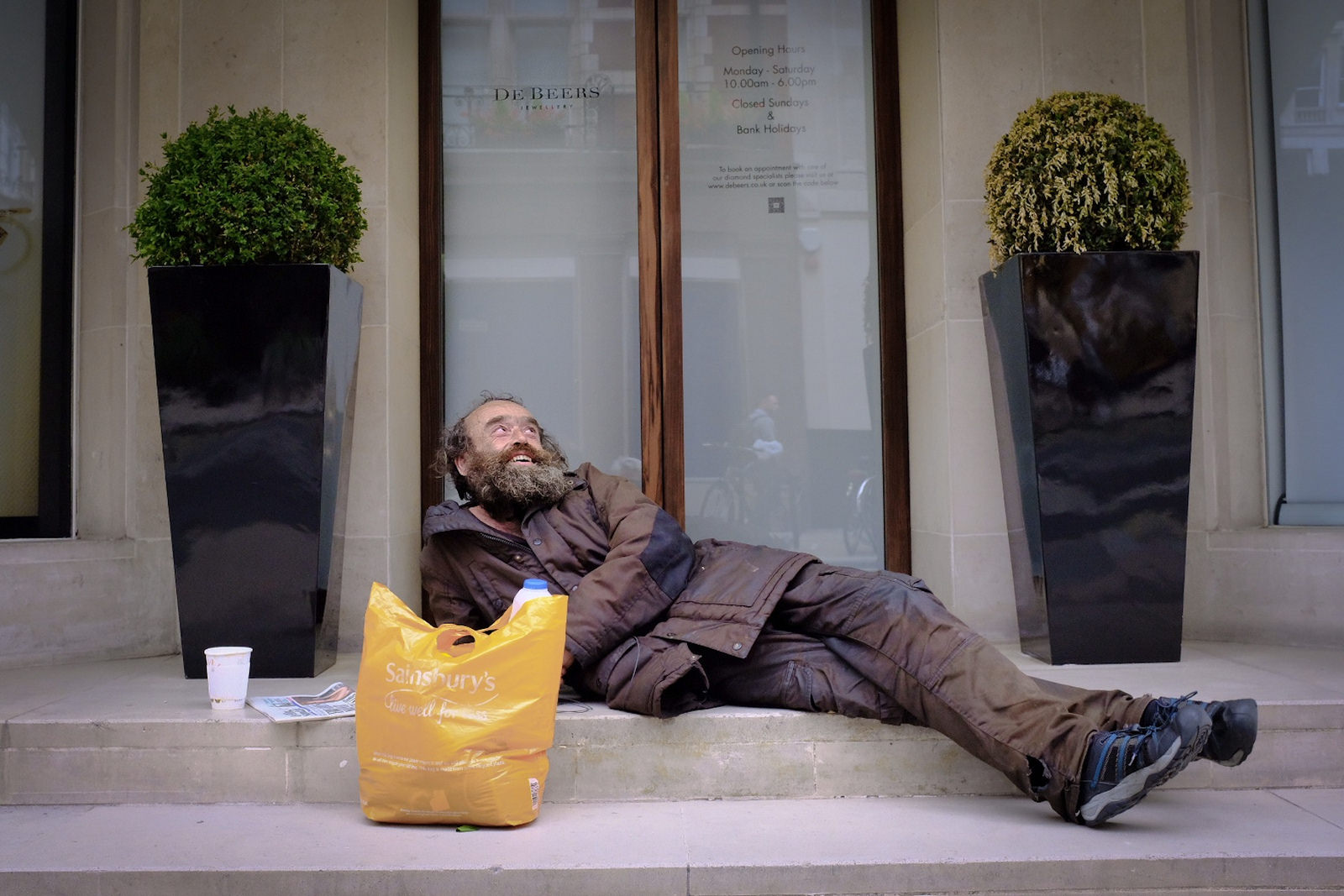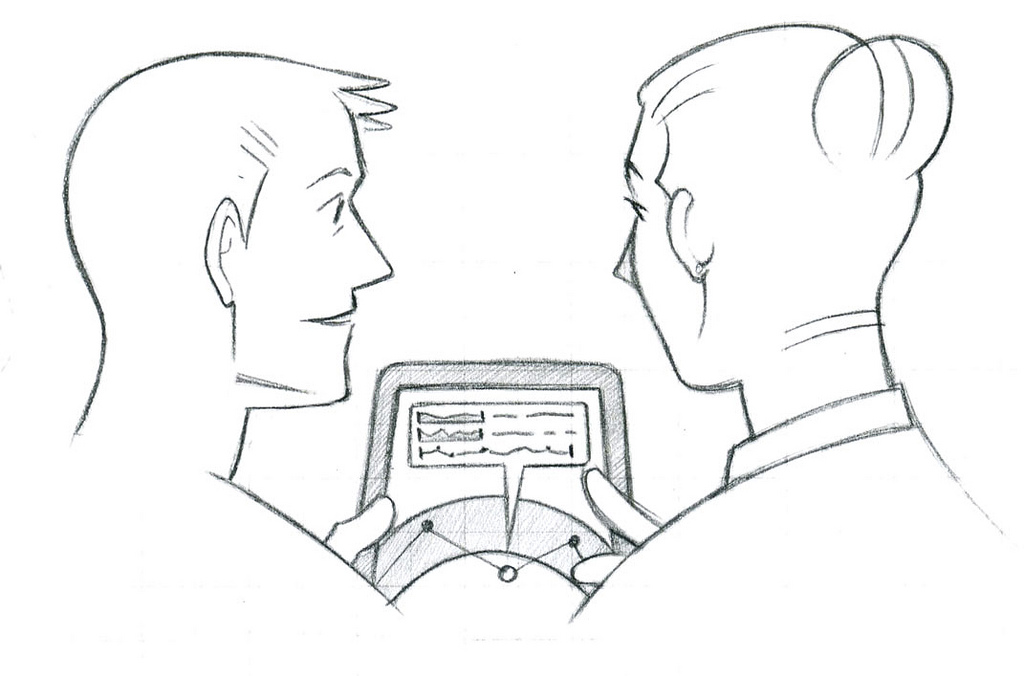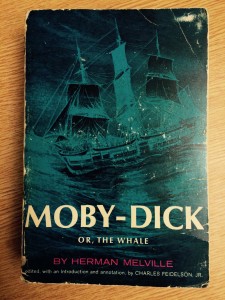A two-month stint at the oncology department in a Singapore government hospital has provided me with vivid examples of the importance of doctor-patient relationships and communication. Cancer, in many societies, is still widely regarded as medical taboo – a condition people closely associate with death. While I got to witness very sensitive and depressing conversations in relation to end-of-life care, the most impactful conversation I experienced had nothing to do with end-of-life care. Rather, it was a complaint from a patient about his team of allegedly negligent doctors.
It took place in a private ward room with just Mr. C and his wife. When I first entered the room, Mr. C gave me a hostile look and asked me who I was. Feeling awkward given the cold welcome, I persisted to introduce myself as a medical student who wanted to take his history. Although reluctant, he agreed to talk to me. What started as a cold introduction turned out to be an hour-long avenue for Mr. C to vent his anger and frustrations. It became etched in my mind for the important lesson that came with it.
I understood from Mr. C that it was not the diagnosis that brought about his unhappiness, but how the diagnosis came about. Mr. C presented with a 6-month history of progressive dull epigastric pain and loss of weight with no co-morbidities. He had no associated fevers, nausea or vomiting. The conversation went well until I asked him the question, “Did you bring this to your doctor’s attention?”
Immediately, there was a change in his facial expression. I divined from his grim expression that the news was not good. He started shaking his head, somewhat in disappointment. His wife started tearing. I had inadvertently asked a sensitive question and was caught helplessly in that moment of grief and sorrow.
Mr. C then explained that he actually went to the Emergency Department (ED) thrice as his abdominal pain worsened. Unfortunately, on the first two occasions, they sent him home after establishing that his vitals were stable with no abnormalities in his test results. He was sent home with a stack of medications but without a diagnosis.
Interestingly, Mr. C actually suspected himself that he had gastric cancer given his strong family history; he expected that he would suffer from it one day. The doctors shook it off despite his persuasion. On the third visit, however, the doctors finally admitted him and performed an endoscopy. It was later confirmed to be Stage 3 gastric cancer. It was at this point in the conversation when emotions started running wild.
The atmosphere heated up. I was shot with questions and complaints by both Mr. C and his wife.
“I would not have been denied earlier detection and treatment if doctors listened to my history,” Mr. C said.
“That period of 6 months could have made a huge difference to his disease stage and prognosis!” Mr. C’s wife added.
“Do you think the doctors have done the right thing for me?” he asked.
“Doctors never bother to hear patients out!” he shouted.
It felt as if the blame was on me, and I felt angry for a moment. I was on the edge of questioning his accusations, and refuting his comments. I was conflicted inside. On the one hand, the manner in which he was treated at the ED seemed unjustified. But at the same time it did not seem fair for me to blame the doctors without understanding what their line of thought was.
I further understood that Mr. C had explained his case to a senior consultant, who was also the surgeon who performed his gastrectomy. The surgeon brushed Mr. C off, and told him rudely to switch to another hospital if he did not like it here. It was at this point that I stood in favor of Mr. C. I actually could not believe such an insolent comment would come from the mouth of a senior doctor, whom I thought was supposed to possess the maturity and authority to handle such a complex matter.
Mr. C and his wife were evidently distraught with how the diagnosis came about, compounded by the fact that he was still relatively young to suffer from stage 3 gastric cancer. He explained that gastric cancer is one of the most aggressive and treatment-resistant cancers with the highest mortality rate, as evident from the young deaths of his family members who succumbed to the illness. My heart immediately sank after coming to terms with his bleak prognosis. I recalled what was taught in my clinical skills classes, and took on an empathetic coat to try and calm them down. I felt an ephemeral sense of shame for the apparent lack of professionalism Mr. C’s doctors had displayed. Furthermore, I was sunk in guilt for initially doubting his comments.
I continued with the rest of the history and thanked Mr. C and his wife for their time. I walked out of the room and told them, “Thank you for sharing with me. Both of you have taught me about the kind of doctor whom I do not want to emulate in the future”.
It was an eventful hospital experience for Mr. C, and a rather eventful conversation for me with him and his wife. Despite the awkwardness and negative emotions, it taught me a great deal about the nature of difficult situations, the qualities a doctor should possess, and the importance of communication.
It was no doubt a challenging conversation. It was unlike all the other conversations I have had with patients, that were full of praise for their doctors, which always reassured me of my choice to become one. My limited exposure to issues that arise from the lack of proper doctor-patient communication caught me off guard during this particular conversation.
When I mentioned to Mr. C that I was a medical student, his facial expression and body language conveyed his bitterness and dissatisfaction. It was almost as if he had something against me. I was filled with self-doubt and hesitancy. I was unsure if I should persist with the conversation given his hostile appearance but I knew that he had a story that he was dying to tell. Mr. C’s experience at the ED has probably altered his perception of doctors, and it was worth it to hear him out.
In hindsight, I am consoled by the fact that I had that conversation with Mr. C because he gradually opened up to me, treated me as an avenue to vent his frustrations, and perhaps subconsciously, taught me a lesson or two about being a doctor. I have learned that patients are always keen for a listening ear, be it to share their joy, or to pour their sorrows. It is hence important for medical students like me to not be doubtful when approaching patients for the fear of intruding in their privacy or taking up their needful rest time. Never be afraid that you are just an unqualified medical student.
Communication is the crux of medicine. As Sir William Osler said, “The good physician treats the disease; the great physician treats the patient who has the disease.” History-taking is not just about the whims and fancies of signs, symptoms, investigations, and differentials. It is in fact a conversation, an opportunity to build rapport and trust with the patient. We are not community health surveyors ticking off boxes in our questionnaire; we are there to hear our patients out by expressing their problems and concerns. There is no better opportunity than in medical school, where you are not confined by the “rush hour” situation in hospitals, to hone these human skills.
Fortunately, patients tend to given you their trust, and willingly share their most personal information with you. This has shown me the power imbalance of the doctor-patient relationship, which arguably has been exploited in Mr. C’s case – i.e. doctors sometimes do not give patients enough attention.
Another issue that I struggled with was handling the complaints that were hurled my way. My lack of maturity was evident from my agitation, and the urge I had to refute Mr. C. Deep down, I was conflicted and defensive. Mr. C’s story contradicted my own impression that all doctors do their best for patients. It felt as if I was taking the blame on behalf of all doctors. However, I decided to stay quiet about it. I learnt that doctors aren’t “super-humans” who will never make mistakes. It was only when I started consolidating my thoughts and weighing out the situation that I was eventually convinced that Mr. C’s care was indeed compromised by the negligence of his various doctors.
Admittedly, I handled the situation rather poorly. I reckon it was largely due to lack of exposure to such situations, especially given the sheltered, cozy environment we enjoy in medical school. Clinical interactions are based around simulated patients who, more often than not, have simple presentations that are short enough for us to take a history and perform a physical examination. Everything is staged for us to learn in a protected environment. Even in hospitals, the patients we see are recommended by interns as “cooperative enough” for us to take a history.
Medical students should be taught how to deal with complicated cases through the use of simulated patients. When I say complicated, I mean in a psychosocial sense rather than in a medical sense. The skills needed to deal with these situations are those that cannot be taught through textbooks, but through practice. These are human skills; skills that define the art of medicine. These non-scientific skills may not be as interesting as pathology, physiology or anatomy, but are equally, if not more important than the scientific aspects that students are often keener about.
Students are often enthusiastic to ask senior doctors about the scientific aspects of a patient’s presentation. Similarly, they should not be shy to ask them about approaches they should adopt when such situations arise. I am inclined to believe that most students underestimate the importance of communication, which often takes a backseat in their learning priorities.
Medical schools can no longer assume that their students are equipped with the necessary communication and social skills from just clinical skills examinations, which are often not representative of an actual hospital setting. Rather, explicit emphasis on the mastery of such complicated yet common social presentations, should be made an integral part of the curriculum.
I have learned the importance of giving patients the space to talk. For example, in my encounter, I was close to interrupting Mr. C when he was complaining about his experience. Having done so, however, would have prevented me from comprehending the entire situation in context. As medical students, we need to appreciate the difference between “listening to reply” and “listening to understand”. Practice the latter, not the former. Never be too quick to cut off your patients halfway through, and jump to conclusions. Let them tell their whole story, and you will be surprised to find that it contains most of the answers you need.
Photo Credit: Ky








